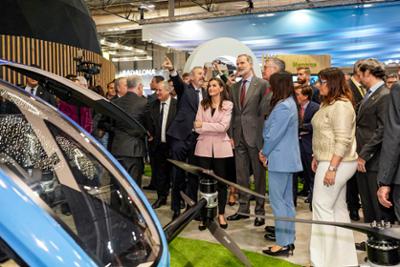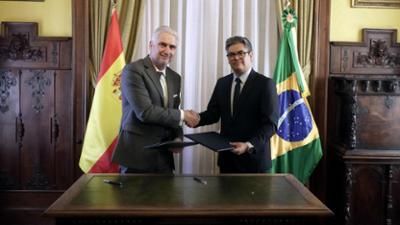
FITUR Surpasses Expectations in a Year of Record Numbers
The International Tourism Fair concludes its 45th edition with nearly 255,000 attendees, reaffirming its leadership position thanks to strong corporate support and institutional backing.
IFEMA MADRID announces that FITUR 2026 will take place from January 21 to 25.






